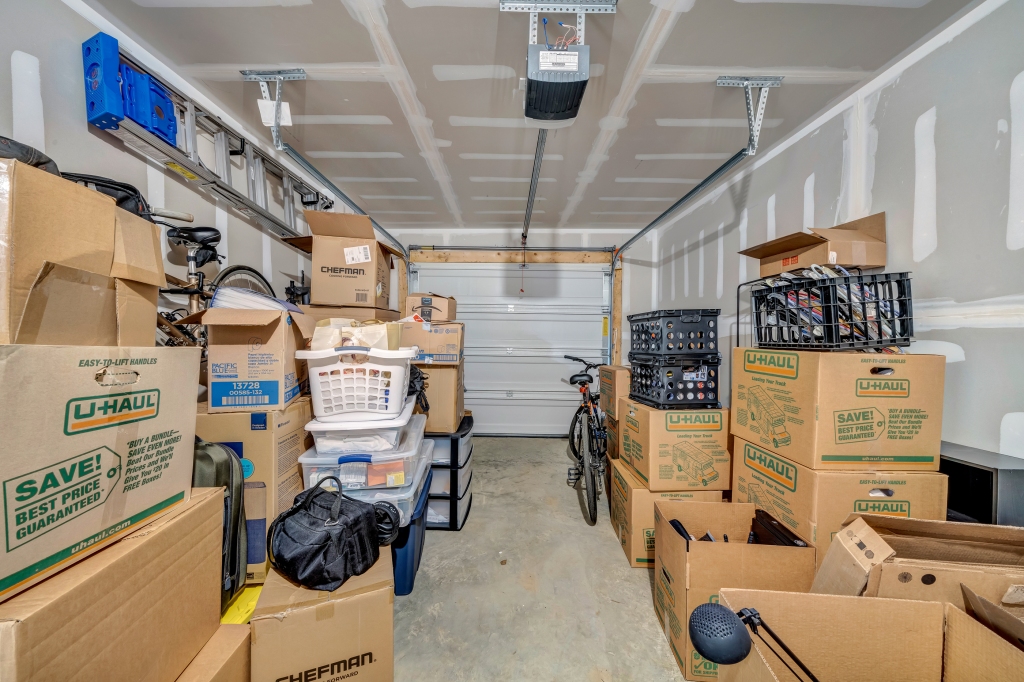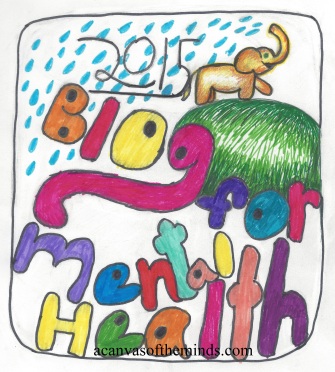We all have aspects of our identities that have been rejected or belittled. One of mine was being Filipino. I grew up in a small rural town in Southwest Virginia where there were only a handful of Filipino families. When I was in elementary school, the other kids would call me names. They would say I had a pig nose. That I was ugly.
Once I wore a sleeveless dress that I got from our trip to the Philippines. I thought it was beautiful. It was red and had a pleated skirt, so you could twirl in it and the skirt would make a circle. It had this beautiful embroidery of flowers in the front. But my Kindergarten class was not impressed. Everybody said I was naked and didn’t want to play with me. Granted, it was winter, so they were all dressed more warmly, but nakedness was a stretch.
Kids would also say I wasn’t American. I wasn’t sure what it meant to be American so I asked my parents if I was one, and they said I was an American citizen. But I didn’t really know what that was, either. Maybe no one knew–the kids, their parents, my parents. Even to this day, people debate what it means to be an American.
Once when we were on vacation, my brothers and I sat near a fountain in a mall while my dad did something. I can’t remember what, but hopefully he had a good reason for leaving us there. My youngest brother had ice cream all over his face and some adult guy came over and wiped his face off. Then he hung around and asked us a bunch of questions. Where are we from? Norton, we said. I mean, where were you born? New York. Where were your parents born? Oh. The Philippines. Ding ding ding! Right answer!
When my dad came back the two had a good laugh about it. I was too young to be offended, and really I never have been offended when someone asks about my ethnicity. But sometimes it does take you by surprise when someone reminds you that you stand out.
I would also get questions when I ran into other Filipinos, and honestly, those questions made me feel worse. They would ask me if I spoke Tagalog in Tagalog, because they assumed that I did. No. Eat Filipino food? Sort of? Do you at least go to the Philippines? I did when I was 5. I got this really pretty red dress. Oh, you’re one of those Americanized Filipinos. Even my parents would call me Americanized because we preferred McDonald’s over my mom’s homemade meatballs.
Real Filipinos have gigantic wooden spoons and forks in their kitchen. They have a picture of “The Last Supper” in their dining room. They eat rice with every meal. My friends and brothers would joke about this, but it’s really true. It gives us this common history now and it helped us to make sense of being bicultural. But back then I felt like I was failing at being Filipino.
Back then, people didn’t talk much about being bicultural, or bi anything for that matter. People need to be able to categorize. Our brains are designed to do it. Sesame Street teaches it. (Which of these things is not like the other?) It doesn’t make a person bad if they need to know what box you fit in. But the more cognitively complex we become, the more we see that people fit in many boxes at the same time. Even boxes that seem mutually exclusive. My spiritual guru, Richard Rohr, calls this nondualistic thinking, and it requires some soul searching to get there. So when you don’t fit in, maybe that gives you an advantage. I am an American. I am Filipino. It can look just like this. There is no wrong answer.
This struggle is not unique to me. Everyone has something about them, or their upbringing, or their family that makes them different from everyone else. We all have to make the journey from being put in a box and judged to understanding that we’re not supposed to fit. We can have a box all to ourselves that no one else gets to be in. I still struggle with self-acceptance, but every now and then, I really like my box.







When I was in elementary school, kids picked on me because they said I was one of those people we were fighting in Vietnam. I’m not Vietnamese. I’m not Asian. People, especially kids, will make up a reason to chastise others if no actual reason exists. As for you being naked in your red dress, there you go. It was an invention.
Love,
Janie Junebug
LikeLike
Thanks! What you say is true. It’s good to hear from you.
LikeLike